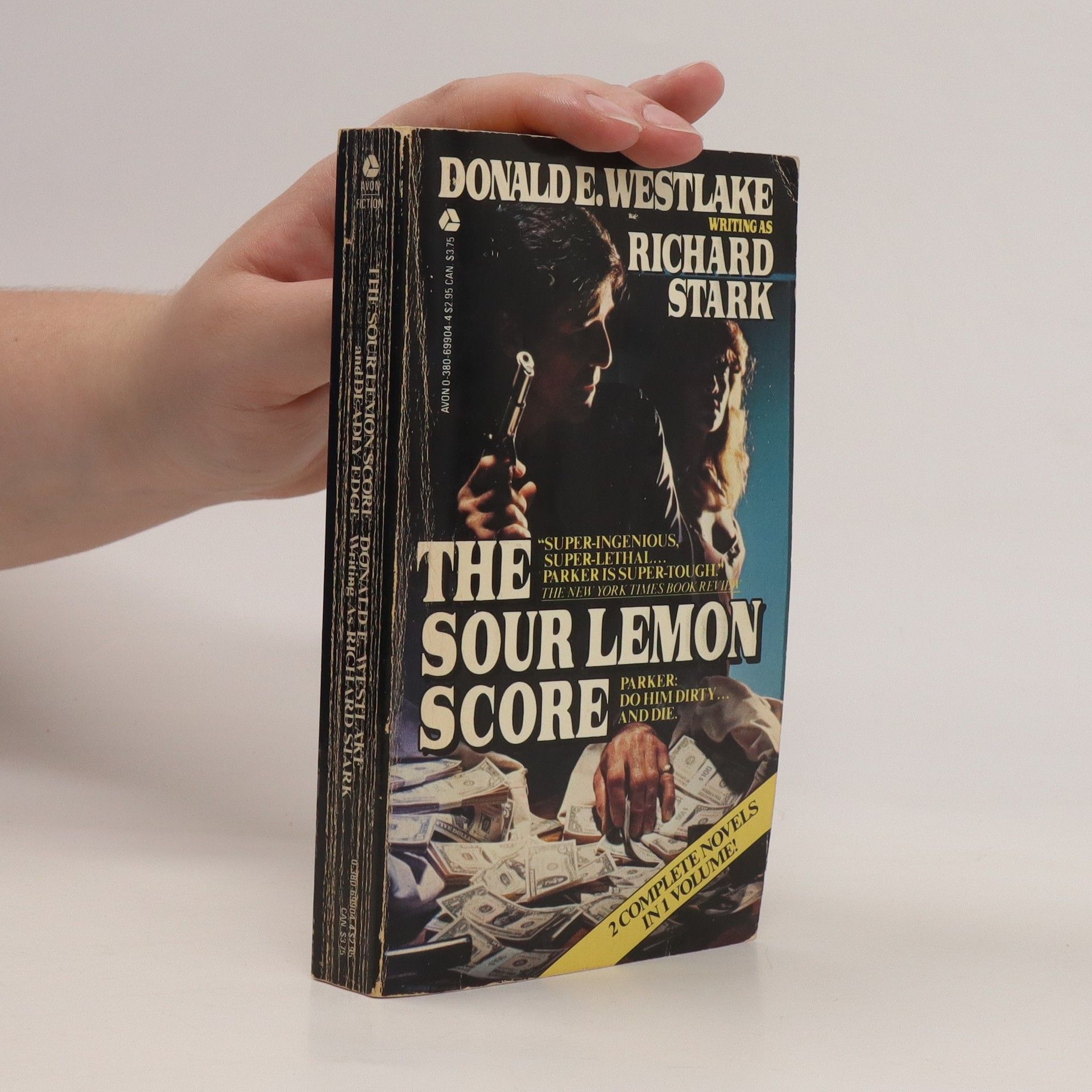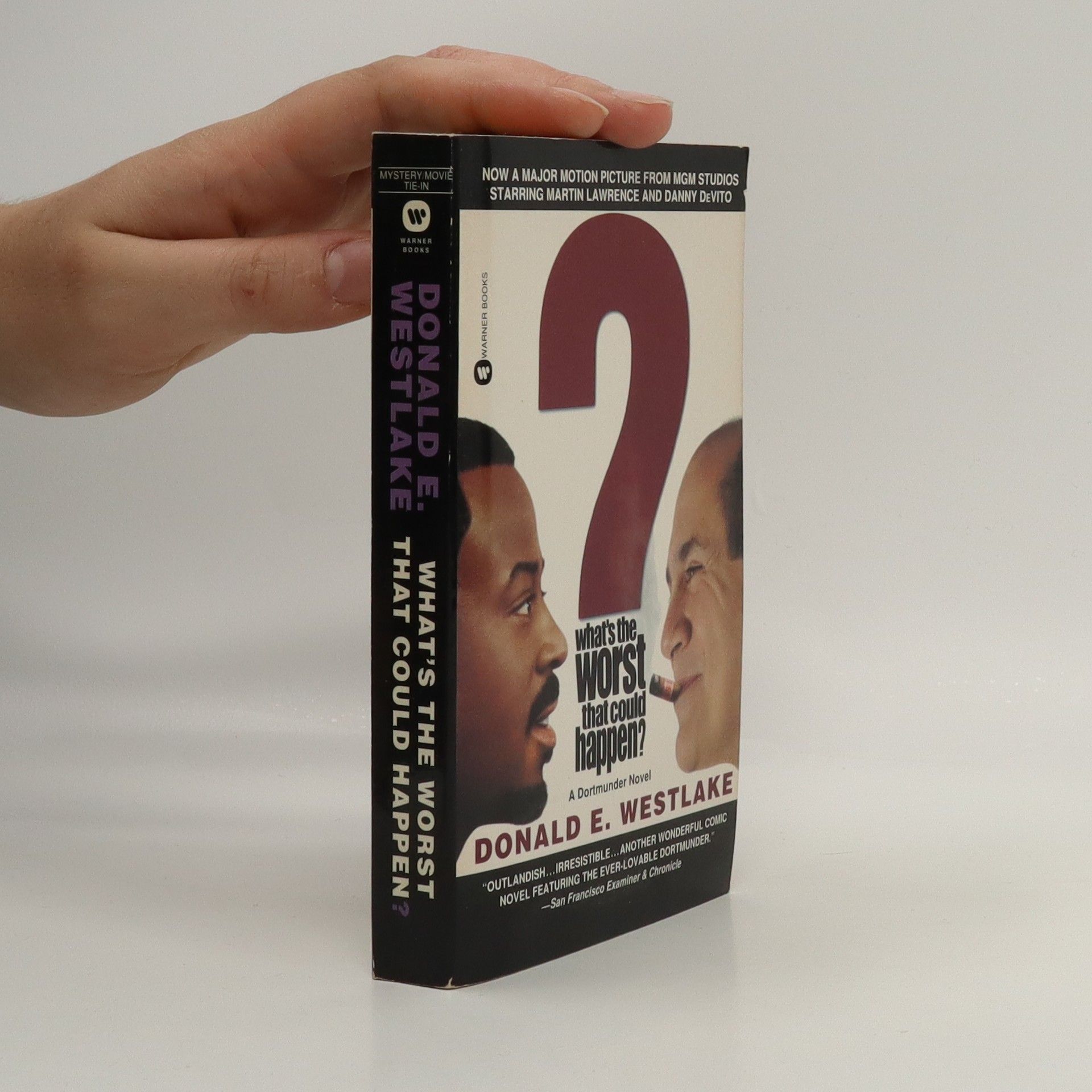Richard Stark's Parker: The Martini Edition - Last Call
- 360bladzijden
- 13 uur lezen
This companion volume features a stunning oversized slipcase edition that brings together two acclaimed works, The Score and Slayground. Celebrated for its quality, this collection follows the success of the award-winning Martini Edition, offering fans an elegant presentation of these stories.





